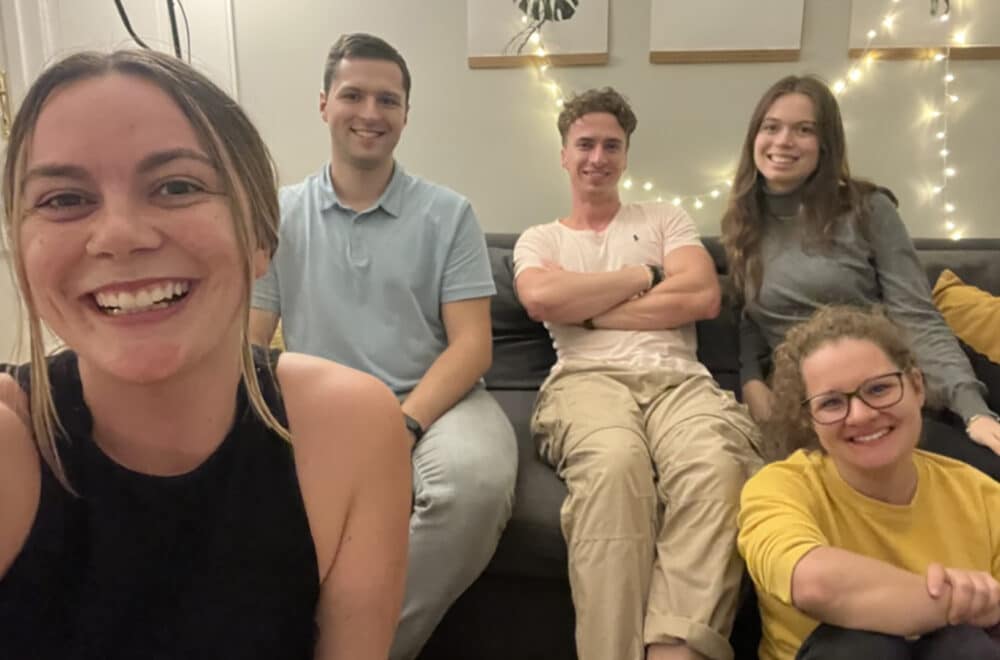Most of us don’t think of listening to others as a spiritual discipline. Sure, we work on being sensitive to the leading of the Holy Spirit. And we try to listen to God. But what about our interactions with others? How well do we listen to those we’re trying to help spiritually?
When I was on Navigator staff ministering to German college students, my desire was to pass on spiritual truths to these young believers and help them establish lifelong habits that would help them grow as disciples—and pass on what they’d learned to others. We’d do Bible study together, memorize Scripture together, and share the Gospel together.
We’d also have daily devotions or “quiet times” together. I knew how important it was for a young, growing Christian to listen to God and to spend regular time in His Word. So teaching a young believer how to have a daily devotion was high on my list of things to pass on.
I remember meeting with Bernhard, from the University in Aachen, to make sure he knew how to have a meaningful quiet time. We met every morning for a week to work on this. We’d read, then I would ask Bernhard questions about what we’d read—emphasizing his need to apply this truth to his life. Then we’d pray together.
On the third morning, Bernhard stopped me as I was asking him questions. “I don’t think this is how it’s supposed to go,” he told me. “I feel like the questions you ask me are intended to get at what you think I should get out of these verses, instead of what God wants me to get out of them.”
I was stunned and chagrined. And I knew he was right. Although my intentions were good, I wasn’t listening to God—and I certainly wasn’t listening to Bernhard. If I’d listened more in our other times together—and heard what was going on in his life—I might not have been so quick to open my mouth when we were supposed to be listening to God.
The apostle James advised his readers, “My dear brothers and sisters, take note of this: Everyone should be quick to listen, slow to speak and slow to become angry” (James 1:19). I had it backwards. I’d been quick to speak and slow to listen.
Because God’s sovereignty is bigger than our inabilities, Bernhard learned how to have a quiet time despite my help. And he learned how to teach others how to have one as well (without repeating the same mistakes I made).
But that lesson about about growing bigger ears stuck with me. As I met with other German students, I made a genuine effort to listen to what they were saying and to what their specific needs were in this process of becoming a disciple.
As my time in Germany drew to a close, some of the students had a small farewell party for me. Some gave me little mementos. One student, Detlef, gave me a drawing he’d done—a portrait of me. But he’d drawn my ears about five times as large as normal. And at the bottom of the drawing he had written, “This is how I will always remember you.”
It’s the most flattering likeness of me I have ever seen.




By commenting, you agree to our Code of Conduct.